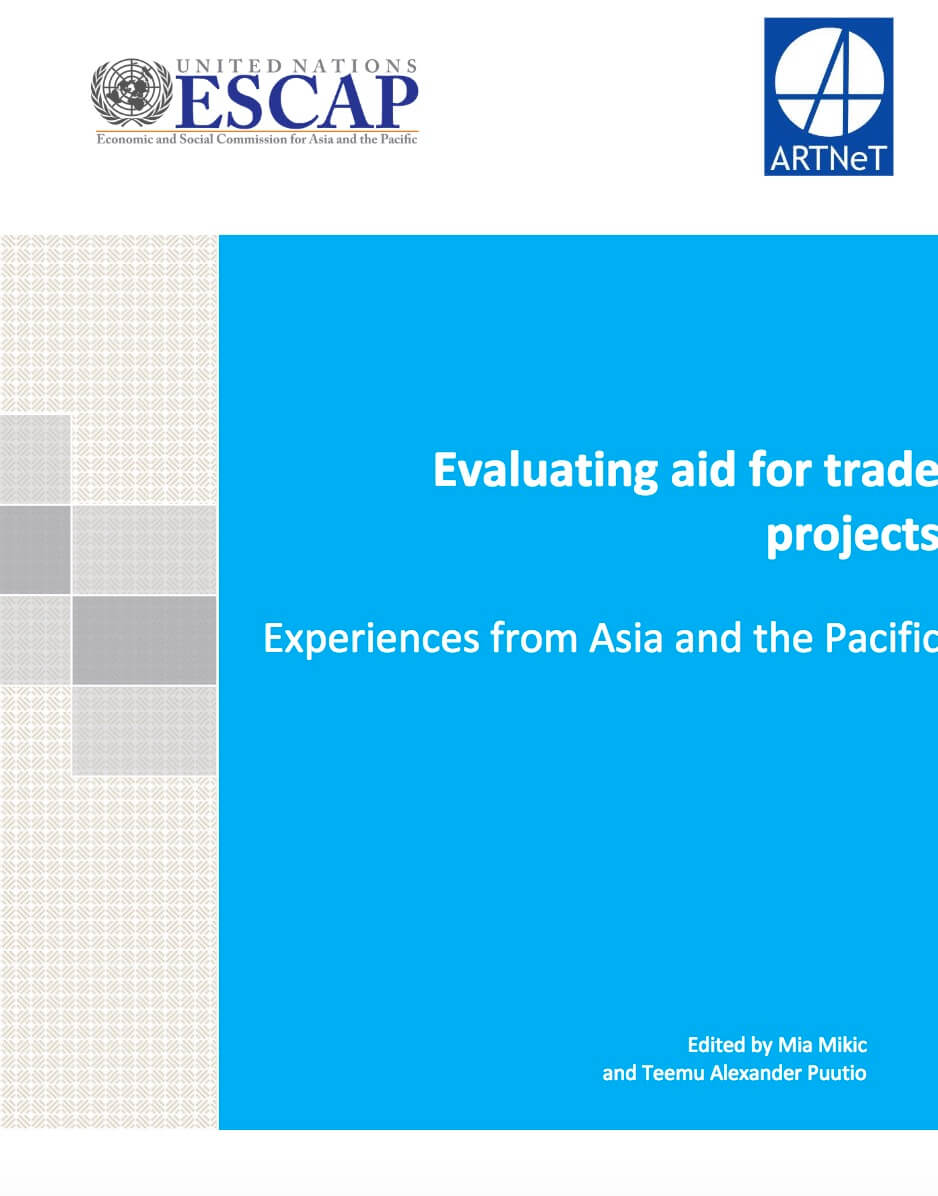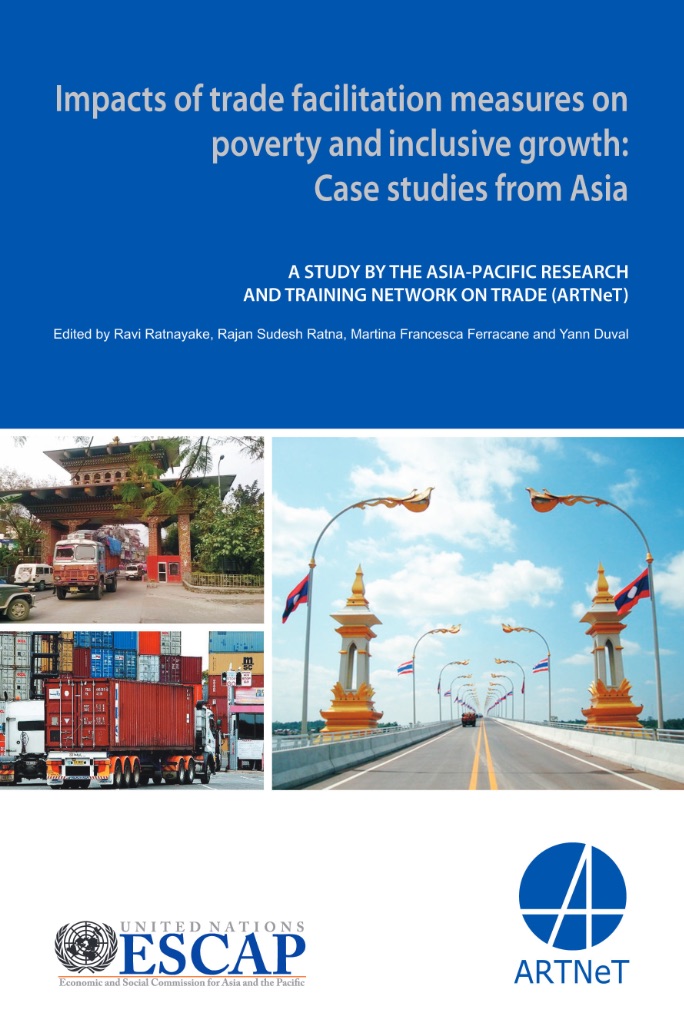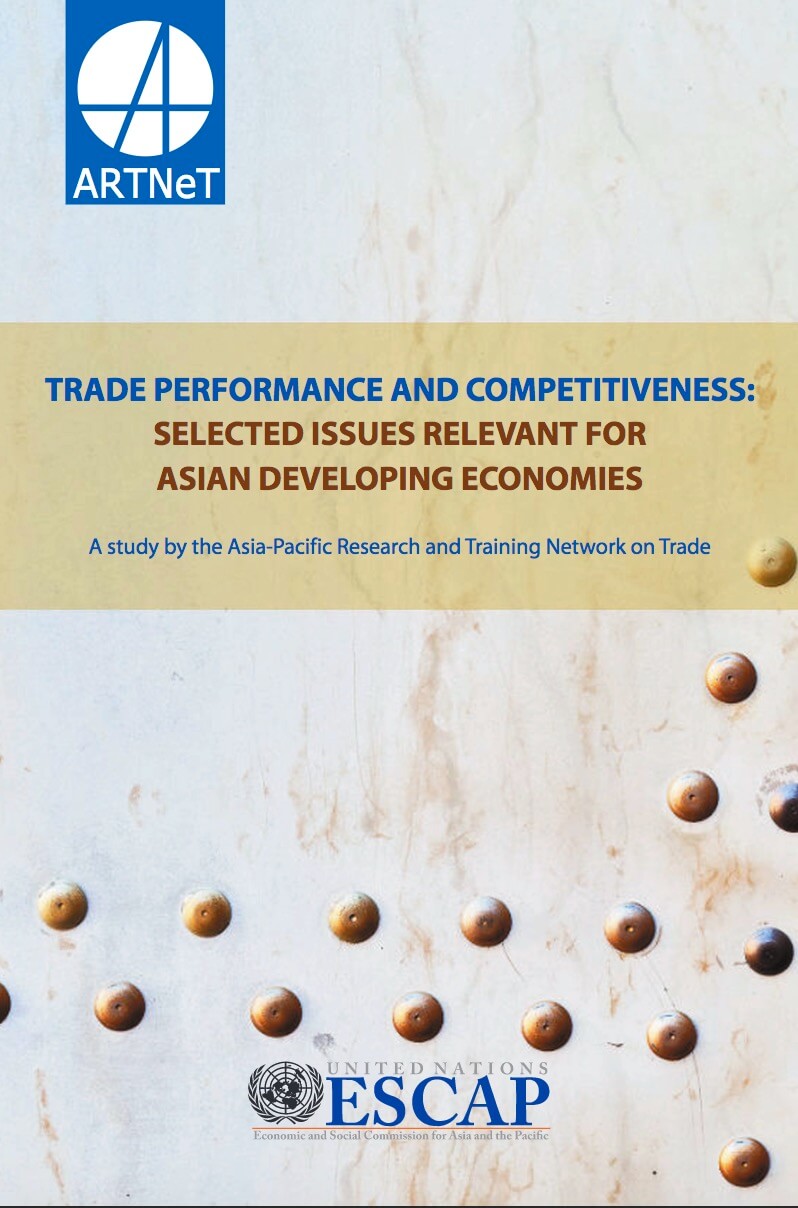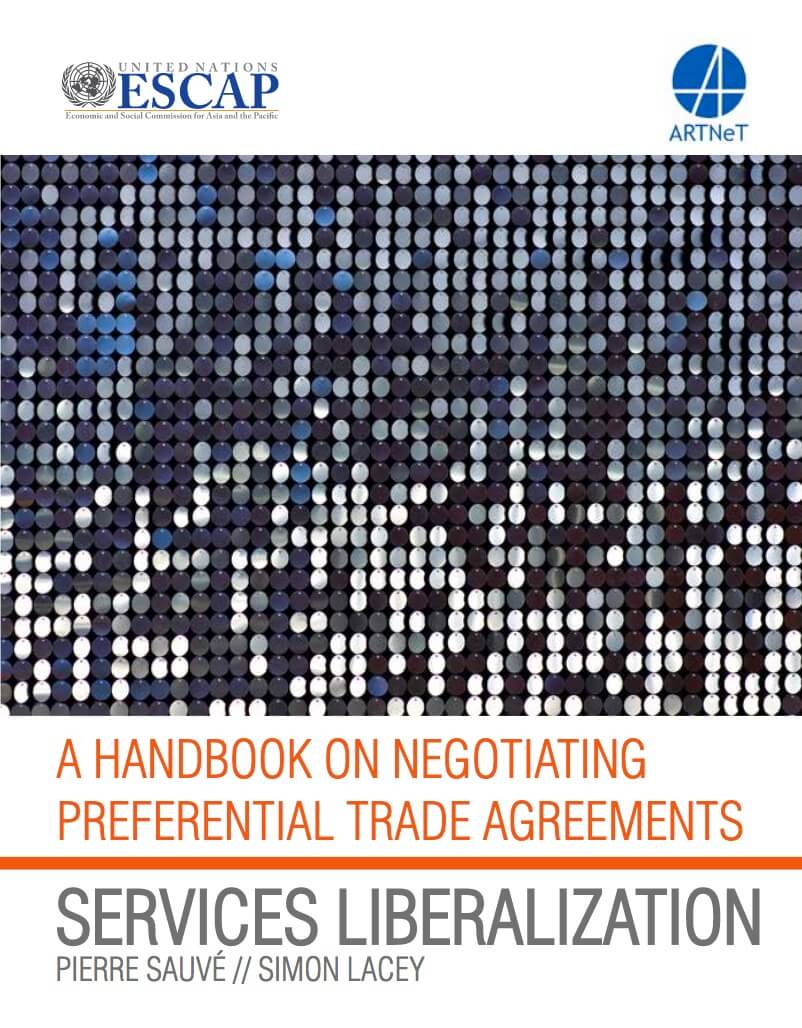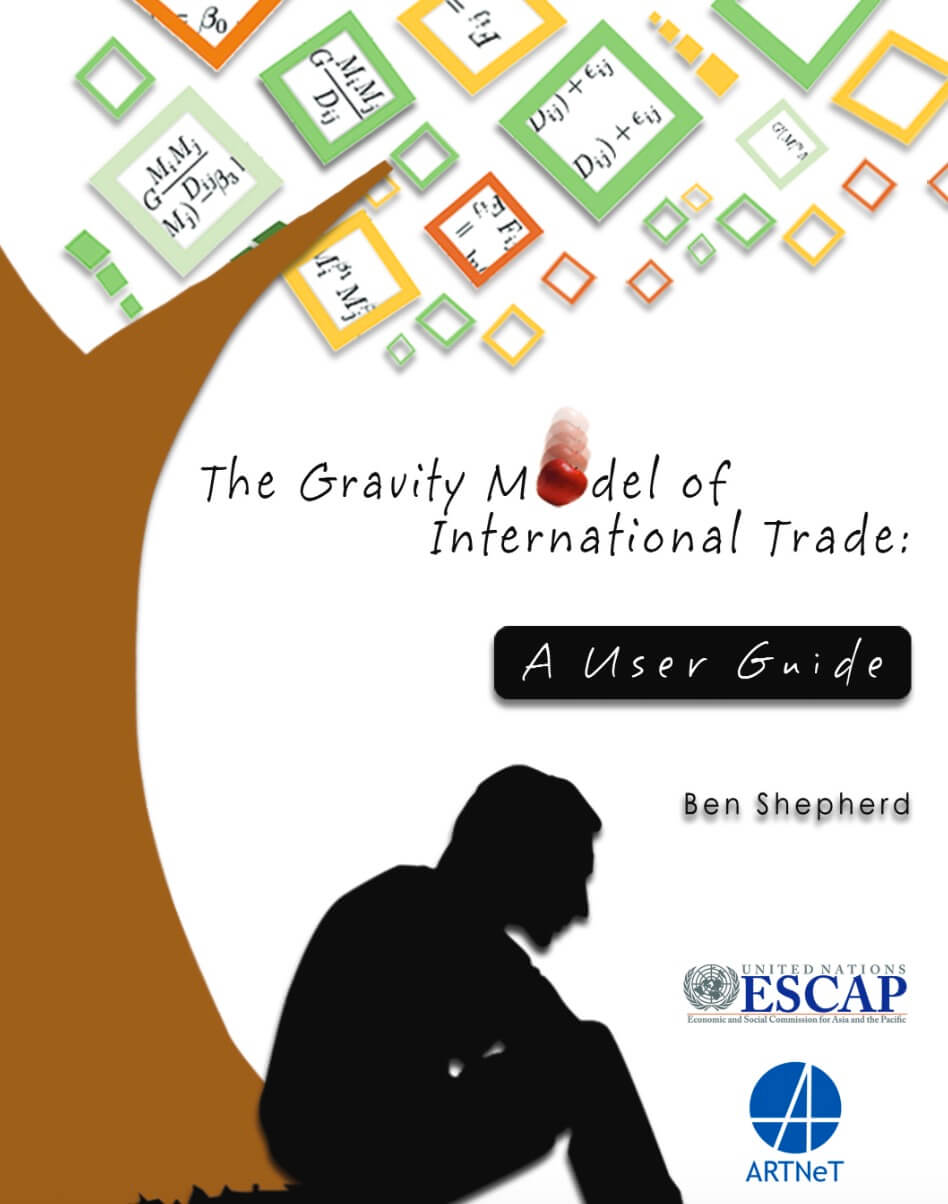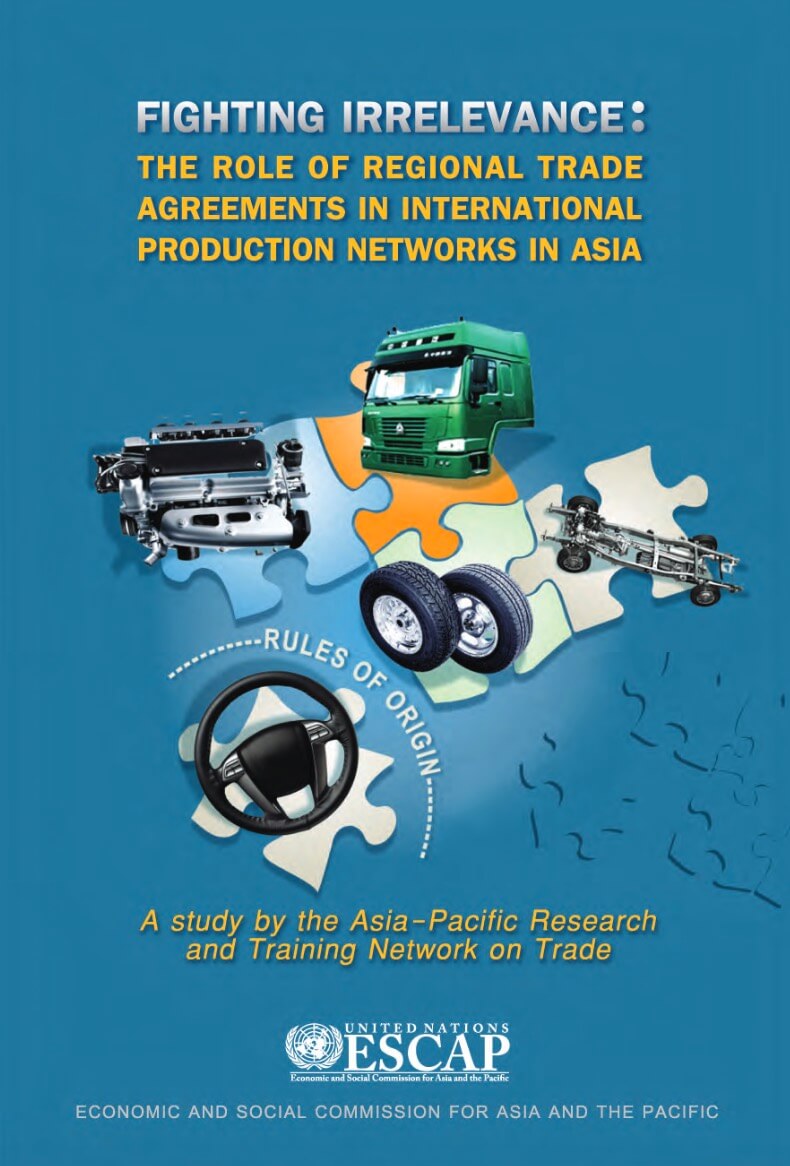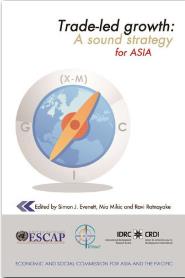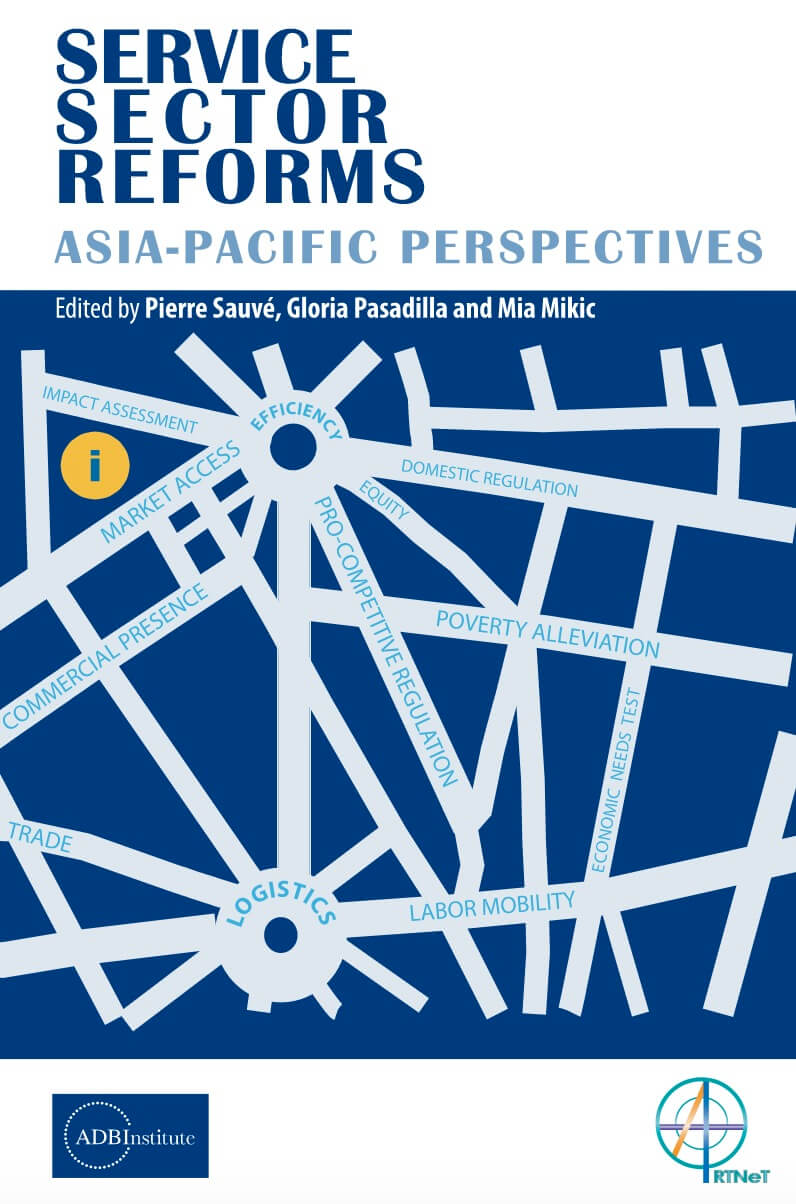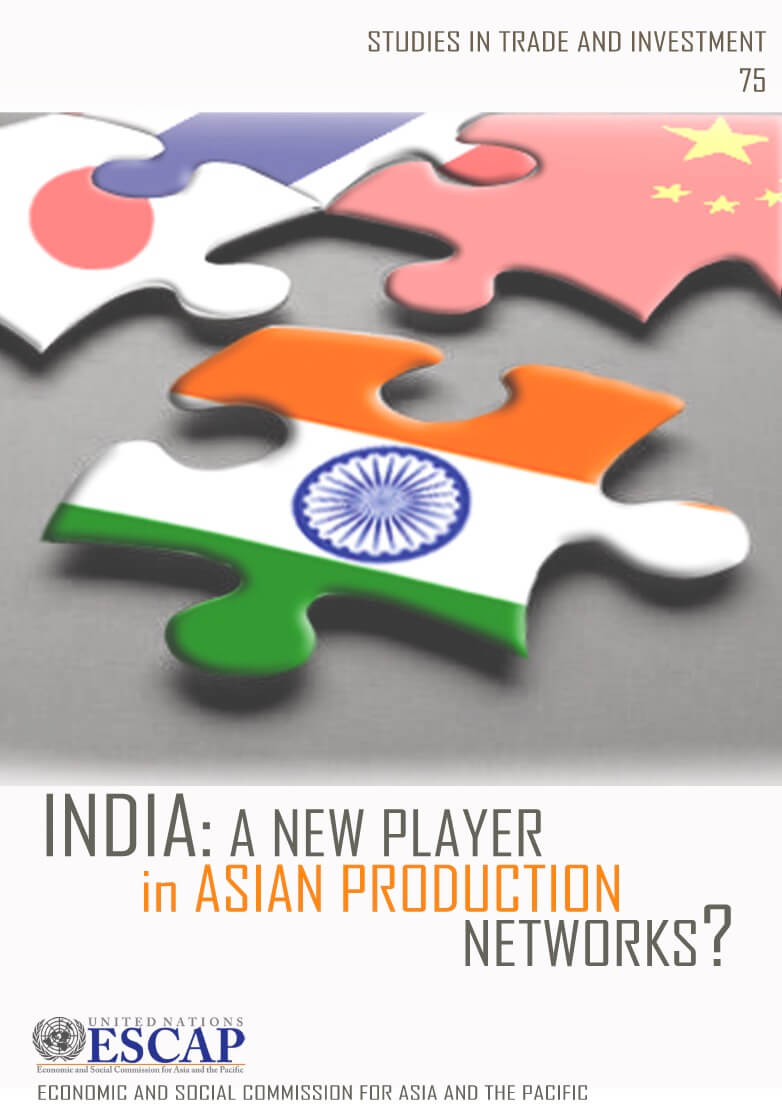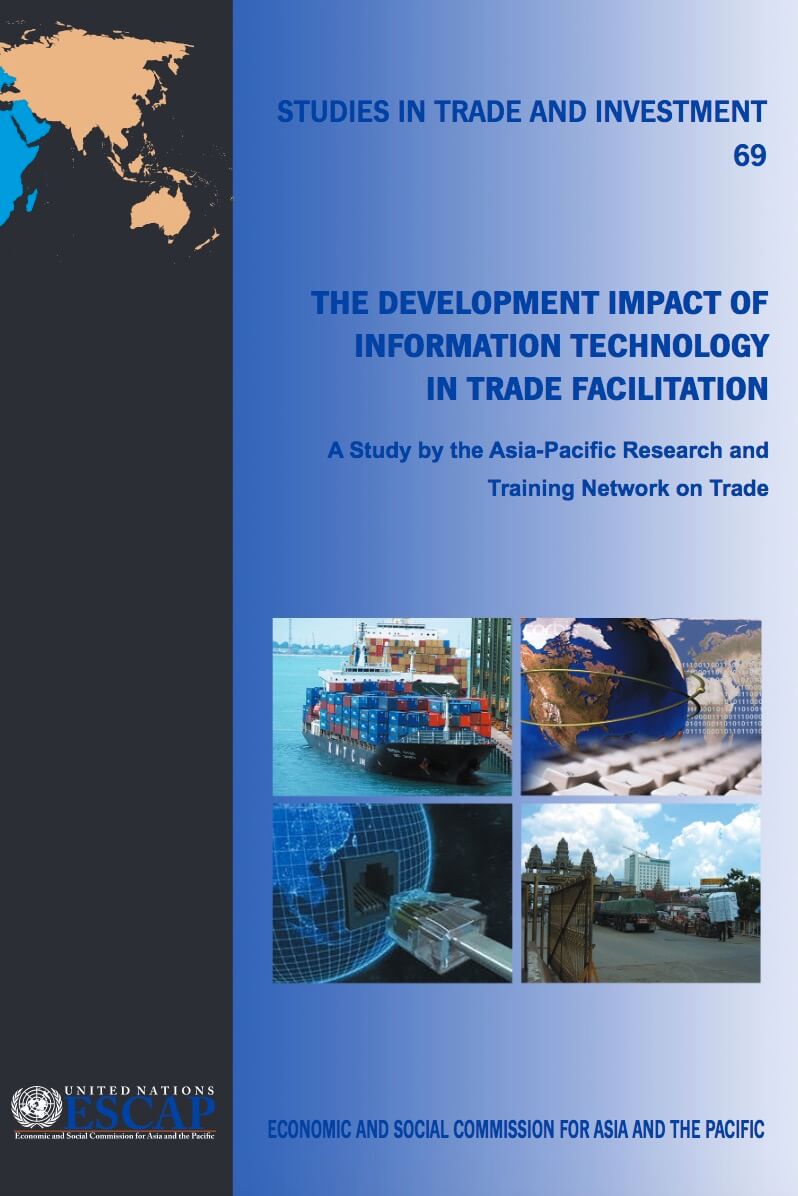Evaluating aid for trade projects: Experiences from Asia and the Pacific
ESCAP’s support for the project was applied through the establishment of a framework for evaluating project - level details of Aid for Trade projects based on which external consultants analyzed several individual projects in Bangladesh, Fiji, the Lao People’s Democratic Republic, Nepal, Sri Lanka and Viet Nam.

